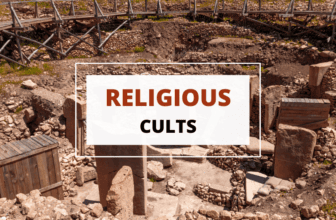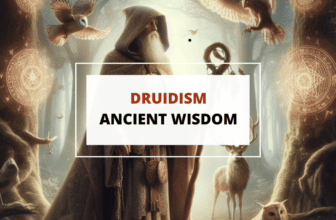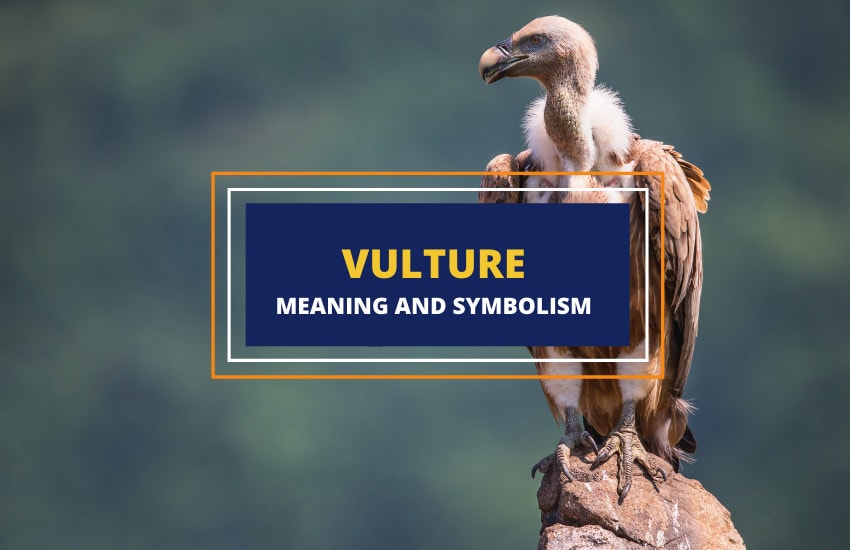
Table of Contents
Vultures don’t have the best reputation – people associate them with negative things like darkness and death. The way they’re portrayed in books, movies, and media doesn’t help as well because they usually appear as a bad omen and a foreshadowing of bad things to come.
While most people are afraid of vultures because they’re scavengers that feed on dead animals, there’s more to this fascinating creature than meets the eye. Read on to learn more about vultures and what they symbolize.
Vulture Symbolism
Vultures represent a variety of meanings, such as motherhood, protection, and opposition to the status quo, as well as negative concepts, including bad luck, danger, and guilt.
Although they get a bad rep for their unsavory habit of feasting on dead meat and even using vomit to defend themselves from attackers, they’re extremely intelligent animals that are symbolic of various values and ideals. Here are some of the vulture’s symbolism, both negative and positive:
- Motherhood and Family – It might seem strange that the vulture is a symbol of motherhood and family, but it becomes clear why when we look at how vultures parents operate and care for their young. Black vultures, for example, are believed to mate for life and to lead monogamous lives. Vultures are also devoted parents. They feed their chicks with bone chips and fragments to ensure that they receive much-needed calcium. Vulture mothers are highly protective and will do whatever it takes to keep her chicks safe.
- Bad Luck and Danger – In Native America, vultures have been considered bad omens because they’re believed to have aggressive and deceitful personalities. In a legend that talks about the Bakairi people, the animal is portrayed as a villain. Legend has it that the twins Keri and Kame grew to become heroes when they managed to steal the sun and the moon from the Vulture King. They created the earth and put the stolen sun and moon in the sky so that the Baikari people could live more comfortably than they did when they were still living in the sky.
- Cleansing and Reincarnation – In Tibet, people consider vultures as sacred birds because of their feeding habits. Unlike other predators, these creatures feast on dead bodies, which they believe help cleanse their lands. This belief has become deeply ingrained in their culture that they even had a festival for this bird. They perform a ritual where they provide a human sacrifice to the vultures, believing that anyone eaten by this bird will have the chance to live another life.
- Death, Destruction, and Guilt – In dreams, vultures are believed to be an ominous sign of death or demise. Some say that when you see this bird in your dream, it could mean that you or someone close to you might die or fall ill. Others say that they could also be your subconscious trying to help you deal with feelings of denial or guilt.
- Money and Good Luck – Dreaming of a vulture doesn’t mean that all hope is lost. In fact, it might be a sign of good luck in some contexts. For example, they say that seeing a dead vulture could mean that your finances are about to improve. You may be getting a promotion, a raise, or even a better job offer from another company.
- Intelligence and Adaptability – It is said that people who have vultures as their totem animals are great at using their energy efficiently. They are also remarkably patient and insightful, being able to easily adjust to most situations. This belief may have stemmed from the fact that vultures are indeed intelligent. In fact, in Celtic tradition, vultures are considered exceptionally smart because they know how to consume their energy efficiently.
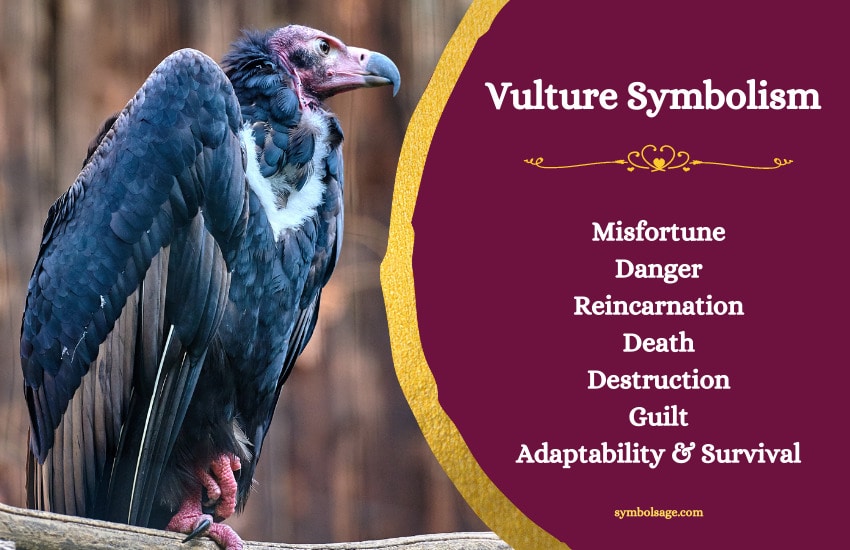
Quick Facts About Vultures
With over 23 different species around the world, vultures have been categorized into two – New Word and Old World species. Half of their total population is not faring well, being considered threatened, endangered, or critically endangered because of habitat loss and poaching.
One of the most interesting characteristics of vultures is their feeding habits. They can easily pick the body of an animal clean in less than an hour. They even go as far as eating the bones of their prey, wasting no part of their meal. Their stomachs have acids that are strong enough to destroy lethal bacteria and break down the hard bones of the carcasses they eat.
Vultures also have excellent eyesight, having the ability to spot a carcass for up to four miles away while flying over open plains. Adding to their excellent adaptability is their ability to keep their bodies cool while flying across arid lands. They do this through a process called urohidrosis, where they urinateon themselves when temperatures get too high.
Vultures in Ancient Egypt
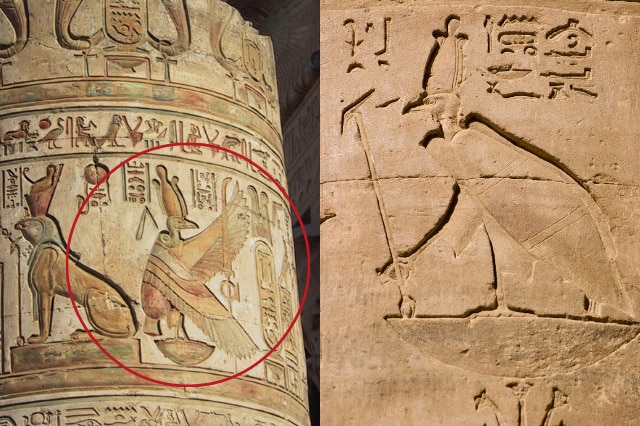
Hieroglyphics and ancient Egyptian accounts usually describe deities wearing symbolic headdresses that help people tell them apart. Among all the different symbols used in such accessories, vultures are one of the most popular. Although they were known to many as scavenging birds, they were considered symbols of maternal instinct and femininity.
Nekhbet of Upper Egypt, also known as the vulture goddess, was known to be the protector of Egyptian civilization and its rulers. She was usually depicted with her wings spreading over the pharaoh while grasping other emblems with her clawed hands. Worshipped by many as the mother of the pharaoh, people started to strongly associate the vulture symbol with royal women, queens, and other goddesses.
The Vulture Crown was worn by female rulers and the principal wives of pharaohs. The crown depicted a vulture with its wings hanging down on either side of the wearer’s head, symbolizing the protection that Nekhbet offered to the wearer.
Mut, another Egyptian goddess, was also portrayed wearing a distinct vulture headdress. It is believed that she became associated with the animal because her name meant mother and vultures are like mothers who shelter their children. Just like Nekhbet, Mut was considered a fierce defender of her little ones.
Joining the ranks of well-known Egyptian deities associated with vultures is Satet, a goddess of war, fertility, and hunting. She also wore a vulture crown but hers was unique because it had two huge antelope horns attached to it. While the symbolism of the vulture as a protective mother remains unchanged, the antelope horns complement it as a sign of spiritual love, giving the majestic Nile River its life-giving energy.
Vultures in Tattoos
In the world of tattoos, the meaning of vultures extends far from just death and destruction. They are also symbols of unconventionality, so those who consider themselves rebels and fierce challengers of the status quo are drawn to striking tattoo designs that include this animal. Their powerful body, sinister look, and imposing wings add to their appeal, making them a great option to those who are looking to make a bold statement.
Since vultures are known for their immense wingspan and imposing bodies, it’s best to have them tattooed in an area with a lot of room. Of course, you can always go with a smaller design, but if you choose to go this route it’s a good idea to limit the amount of detail as they won’t be too visible in a small design.
Wrapping Up
Vultures may be symbols of death and decay, but the evolution of their symbolism proves to be an extremely interesting topic. Whether you’re looking to have a vulture tattooed or you’re simply curious why you ended up dreaming of one, knowing what they mean would surely help put things into perspective. These birds aren’t as pretty as macaws and as elegant as doves, but their strange habits and remarkable intelligence make them just as interesting.






